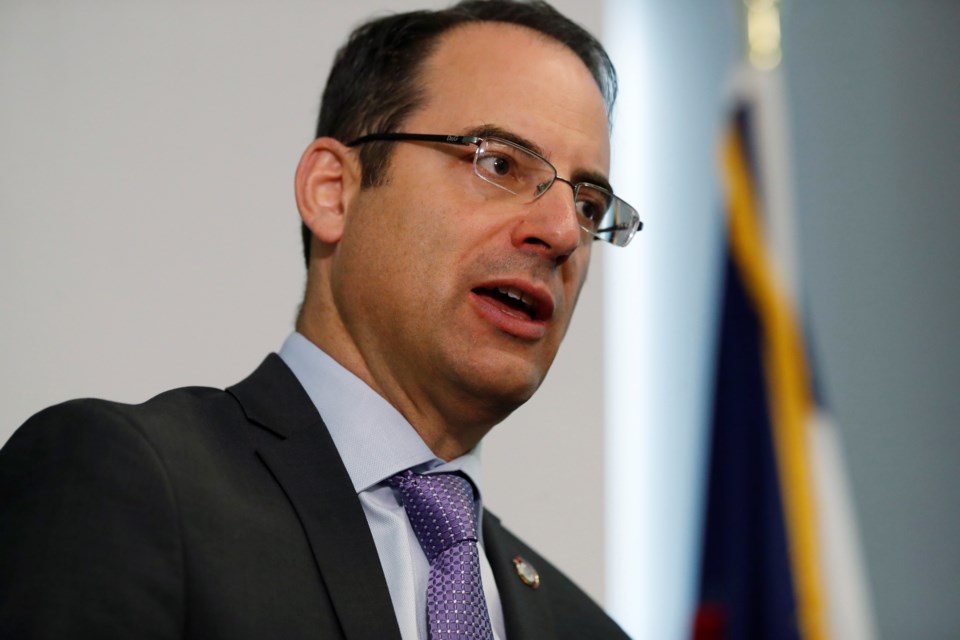NEWS RELEASE
ATTORNEY GENERAL PHIL WEISER
*************************
Colorado Attorney General Phil Weiser released the following statement regarding today’s U.S. Supreme Court decision in the Moore v. Harper elections case:
“Today, the U.S. Supreme Court rejected the outlandish theory that state legislatures have the sole, unchecked authority to make election rules at the expense of voters and fair elections. The Court’s ruling follows over 230 years of federal election law precedent and ensures constitutional checks and balance are in place for free, fair, and orderly elections."
“The theory to give state legislatures unreviewable and unchecked power to regulate federal elections was not only unconstitutional, but also would wreak havoc on our election processes, undermine how states govern themselves, and impede officials’ ability to administer free and fair elections."
“In Colorado, we have created an election system that is the gold standard in the nation. I remain committed to protecting our state’s election processes and institutions to ensure that We the People determine our Nation’s future.”
Colorado was part of a coalition of state attorneys general that filed a brief with the U.S. Supreme Court in Moore v. Harper, urging the Court to reject the independent state legislature theory.
*************************


.jpg;w=120;h=80;mode=crop)
